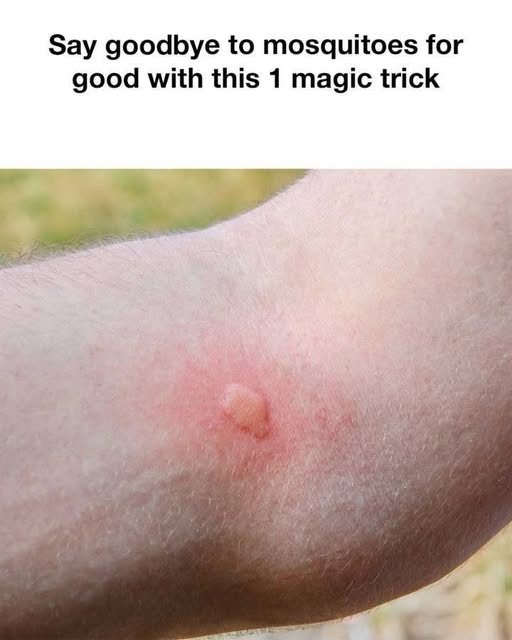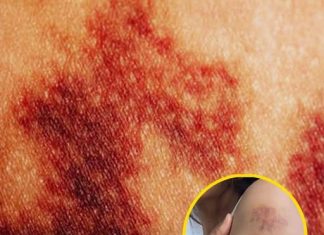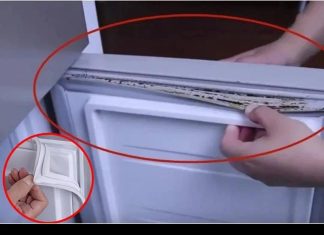Mosquito bites are one of the most common summer annoyances, leaving behind itchy, red welts. When a mosquito pierces the skin, it injects saliva that contains proteins preventing your blood from clotting. Your immune system reacts to these foreign proteins by releasing histamines, which cause swelling, redness, and that all-too-familiar itch. While usually harmless, mosquito bites can be irritating and, in rare cases, transmit diseases such as West Nile virus or dengue fever.
Quick First Aid Steps
When you notice a fresh bite, the first step is to wash the area with soap and cool water. This helps remove any bacteria and reduces the risk of infection if you scratch later. Applying a cold compress or an ice cube wrapped in a cloth for 10 minutes can help minimize swelling and soothe irritation. Avoid scratching if possible—it can break the skin and lead to scarring or infection.
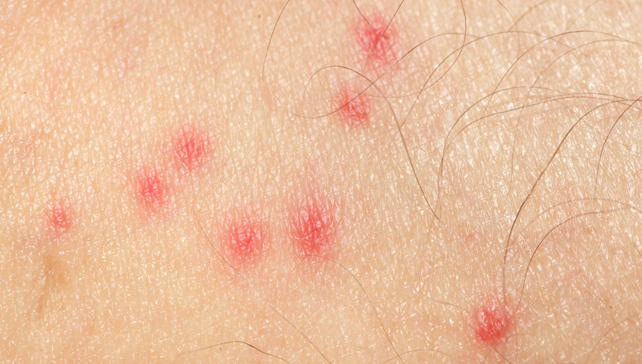
Simple Home Remedies
Several kitchen ingredients can provide quick relief:
- Baking soda paste: Mix one tablespoon of baking soda with a little water and apply it to the bite for 10 minutes. This neutralizes the skin’s pH and reduces itching.
- Honey: Its natural antibacterial properties can calm the bite and protect against infection.
- Aloe vera: The cooling gel helps with redness and inflammation, making it a favorite natural solution.
- Apple cider vinegar: Dabbing a small amount can help neutralize the itch and speed healing.
- These remedies are inexpensive and often just as effective as store-bought creams.
Over-the-Counter Options
Pharmacies offer several effective treatments if home remedies are not enough. Hydrocortisone cream can reduce swelling and redness, while antihistamine gels or tablets calm the body’s allergic response. Calamine lotion is another classic solution that dries out the bite and provides cooling relief. For severe reactions, an oral antihistamine taken at night may help you sleep without scratching.
Preventing Future Bites
Prevention is always better than treatment. Wearing long sleeves and pants during dawn and dusk—when mosquitoes are most active—can significantly reduce your risk. Using an insect repellent containing DEET, picaridin, or oil of lemon eucalyptus is highly effective. Make sure to reapply according to the label, especially if you are sweating or swimming. Around the house, eliminate standing water where mosquitoes breed. Empty flowerpot saucers, clean gutters, and change pet water bowls regularly. Installing screens on windows and doors helps keep mosquitoes outside.
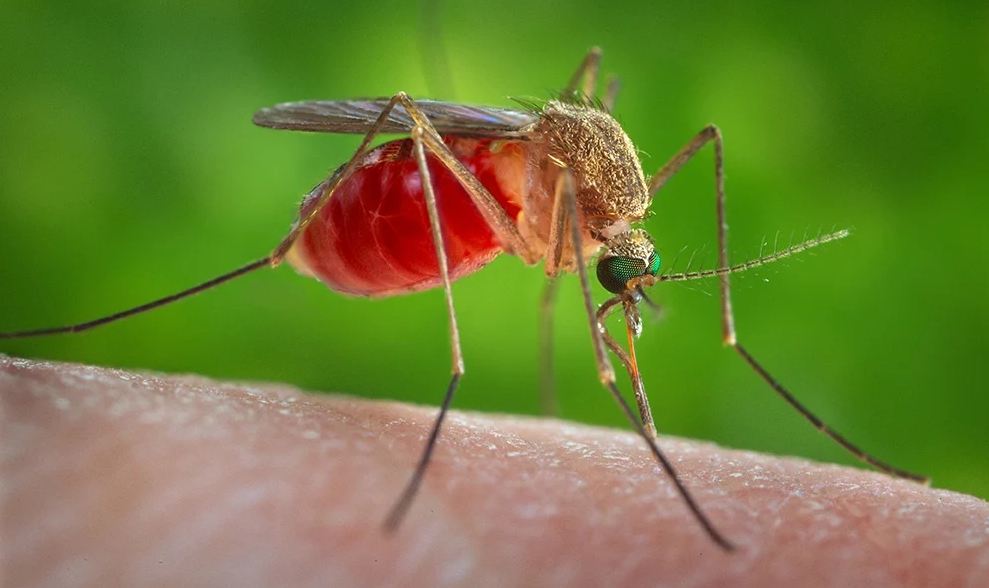
When to See a Doctor
Most mosquito bites heal on their own within a few days, but there are times when medical attention is necessary. If you notice spreading redness, pus, fever, or swollen lymph nodes, you may have an infection that needs treatment. In tropical or subtropical regions, seek medical advice if you develop flu-like symptoms after multiple bites, as these could signal a mosquito-borne illness.
Final Thoughts
Mosquito bites are a nuisance, but with the right steps, you can minimize discomfort and avoid complications. Quick cleaning, simple home remedies, and over-the-counter creams can provide rapid relief. Pairing these treatments with smart prevention strategies—like using repellents and reducing standing water—can keep your summer itch-free and enjoyable.

